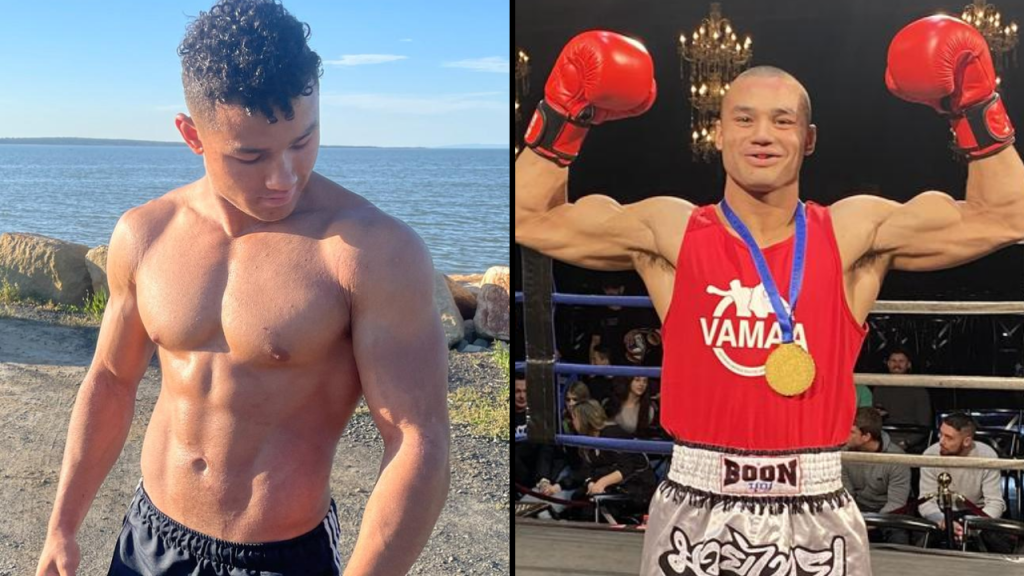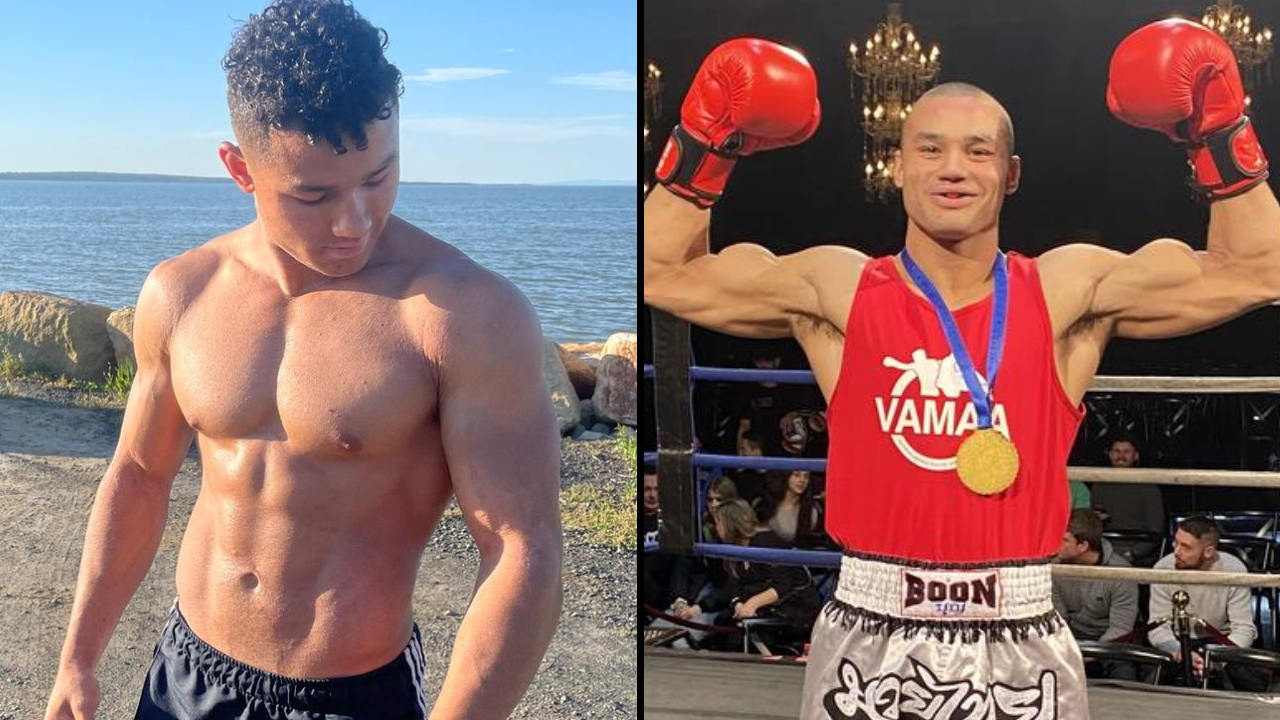The combat sports world has been left reeling after the devastating loss of Jake Sendler, a promising young MMA athlete whose life was cut tragically short at just 21 years old. What was supposed to be another step forward in his fighting career turned into a heartbreaking reminder of how unforgiving the human body can be when pushed beyond its limits. The tragedy didn’t unfold in the ring alone—it was the buildup, the warnings, the overlooked signs, and the weight of determination that brought it to a fatal climax.

Jake had been gearing up for a fight in Melbourne on March 3—a match he entered with focus, fire, and his usual iron-willed commitment to perform at his peak. But behind his brave face and relentless preparation, something far more dangerous was brewing beneath the surface. Just days before the bout, he was working to cut a significant amount of weight—more than five kilograms—an enormous challenge for someone already hovering around 75kg. This kind of rapid weight drop, though common in the sport, carries immense risks. And for Jake, it became a silent storm, waiting to strike.
Those close to him say Jake didn’t slow down. Even when his body started whispering warnings—painful muscle cramps, darkened urine, extreme fatigue—he didn’t flinch. He dismissed those signs as side effects of hard work, a natural part of his punishing routine. His mother, Sharone, later revealed how her son had been enduring these symptoms in the lead-up to the fight, not realizing his kidneys were already beginning to shut down.

In an emotional interview, she described her son as a warrior in every sense. “Jake was an absolute warrior, such a good man. He would never want this to happen to anyone.” Her voice cracked with grief but carried an urgent message: athletes must learn to listen to their bodies, to not confuse damage with discipline, or exhaustion with excellence.
Despite everything, Jake stepped into the ring and gave it everything he had. Unbeknownst to everyone around him—including himself—his body had already reached a critical point. His kidneys were operating at just 40% capacity. He fought through three grueling rounds, pushing past the pain, drawing on reserves of willpower most can only imagine. But it came at a terrible cost.
Following the fight, Jake’s condition worsened rapidly. He was rushed to the hospital and placed into an induced coma. Over the following days, medical staff worked tirelessly to reverse the damage. He underwent several surgeries. Blood transfusions followed. But his body had already been through too much. The illness that claimed his life—rhabdomyolysis—is a rare and dangerous condition triggered by intense muscle breakdown. In Jake’s case, it was one of the most severe his doctors had ever encountered. The muscle fibers breaking down flooded his bloodstream with toxins, overwhelming his organs and causing a fatal chain reaction of failure.
The announcement of Jake’s death sent shockwaves across the MMA community and beyond. Friends, teammates, and fans poured out messages of love and disbelief. A GoFundMe page was launched not only to help his grieving family with funeral costs but also to spark awareness about rhabdomyolysis—an illness so few truly understand, yet one that proved fatal to a young man with so much left to give.
The tribute on the page painted a portrait of a man far more than just a fighter. It called him a friend, a coach, a man of endless energy, generosity, and quiet support. “Jake was not only a fighter in the MMA ring but a true warrior in life,” one passage read. “Even as his organs

Behind the fighter was a person of intense drive and compassion—someone who lived fully, gave deeply, and who tragically paid the price of pushing too hard. His death was not due to carelessness or recklessness but rather a lack of awareness of what was happening inside his body. And that’s what his mother hopes others will learn from. Her call to the community is simple but urgent: chase your dreams, but don’t ignore the signals your body sends. No ambition is worth the cost of your life.
Jake Sendler’s passing has left a void in the sport and in the hearts of everyone who knew him. But through the sorrow, his legacy may yet save lives. His story is now a message—a powerful, personal reminder that strength is not just about pushing forward, but knowing when to stop, listen, and protect the only body you have.
